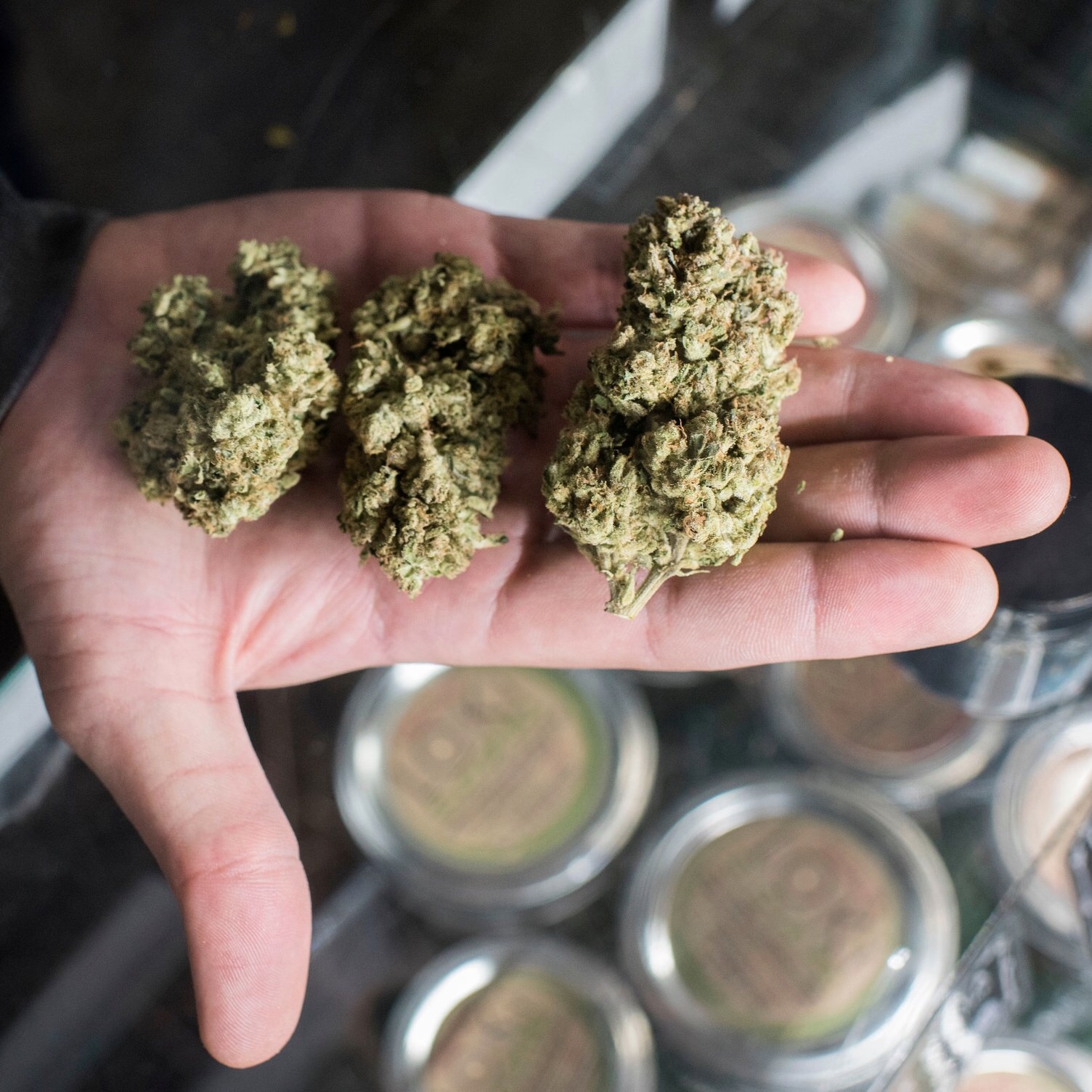Marijuana Can Save Lives

This week, Attorney General Jeff Sessions paused a discussion of the opioid epidemic to, once again, go after marijuana. He suggested that addictive pain medication wasn’t the only problem and that many heroin addicts start out “with marijuana and other drugs.”
There is a relationship between cannabis and opioids, but Mr. Sessions has it backward. Marijuana isn’t a gateway drug to opioid addiction; it’s a safer alternative to pain medicines. Mr. Sessions’s vow to crack down on marijuana will only make the opioid epidemic worse.
We know that 40 percent of all opiate overdose deaths involve a prescription opiate. So having legal access to cannabis as another option for pain relief may actually reduce consumption of opiates.
I know it sounds counterintuitive, but consider the evidence. To start, a large study assessed the effect of medical-marijuana laws on opiate-related deathsbetween 1999 and 2010 in all 50 states and reported a 25 percent decrease in opiate overdose mortality in states where medical marijuana was legal, compared with those where it wasn’t. The study found that in 2010, medical-marijuana laws resulted in an estimated 1,729 fewer deaths than expected.
Other epidemiologic studies found similar results. A study published last year examined opiate-related deaths in Colorado between 2000 and 2015. Researchers compared mortality rates before and after the state legalized recreational cannabis in 2014. For controls, they chose two nearby states: Nevada, which legalized only medical cannabis, and Utah, where all cannabis use is illegal. The study found a 6.5 percent drop in opiate-related deaths after recreational cannabis became legal in Colorado.
Likewise, other researchers examined the link between medical cannabis and opiate use in a group of patients with chronic pain in New Mexico, one of the states hardest hit by the opioid crisis. They reported that subjects who had access to medical cannabis were 17 times more likely to stop using opiates for pain compared with those not using cannabis.
A more plausible explanation for the common finding that people use a series of recreational drugs is a general propensity for risk-taking behavior, of which drug use is just one manifestation.
None of this is to say that marijuana is without risks. It certainly isn’t. Cannabis can impair cognition, attention and intellectual performance, though the effects are reversible. And in some individuals who are genetically at risk, it can unleash psychotic states. But there is little evidence that marijuana use increases mortality.
In contrast, opiate overdose is the leading cause of preventable death in the United States, killing about 91 Americans every day. President Trump has rightly called the opioid crisis a “public-health emergency” but has yet to articulate a real policy or allocate the necessary resources to deal with it.
At the very least, let’s not spend precious resources on a senseless cannabis crackdown — especially when the evidence suggests that it would only worsen the opioid scourge and cost more American lives.
Richard A. Friedman is a professor of clinical psychiatry and the director of the psychopharmacology clinic at the Weill Cornell Medical College, and a contributing opinion writer.
Retrieved from: https://mobile.nytimes.com/2018/02/08/opinion/marijuana-opiates-jeff-sessions.html

